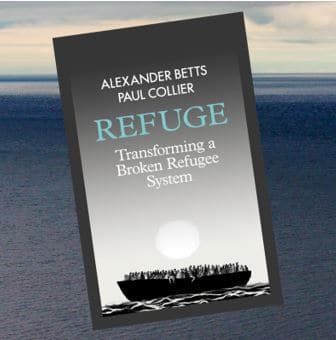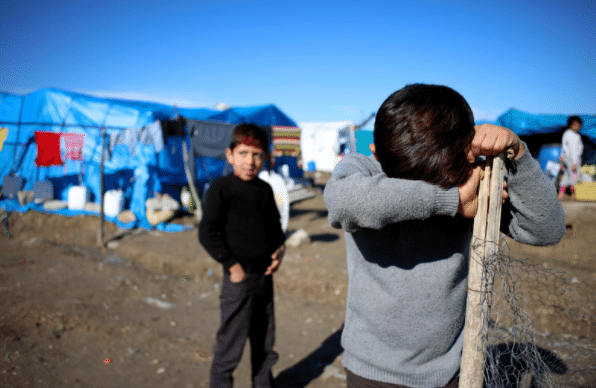 Oxford professors Alexander Betts and Paul Collier have just published a much-awaited book entitled Refuge. Transforming a Broken Refugee System.
Oxford professors Alexander Betts and Paul Collier have just published a much-awaited book entitled Refuge. Transforming a Broken Refugee System.
The book seeks to offer “a workable system that can sustainably offer sanctuary to the world’s refugees.” This system focuses on ‘safe havens’ in countries that neighbor conflict and crisis, where refugees can be accommodated in a cost-effective way while awaiting return to their country of origin. These safe havens must provide opportunities for employment, so that refugees can then help themselves while contributing to local economies. The system requires greater contributions from donors as well as private-sector partnerships.
The book has received mixed reactions since it was published. Have Betts and Collier properly understood the problem and its causes? Are their ideas really new? And would their system help refugees, or make them more vulnerable? Or perhaps such questions are just distractions from an admirable attempt to be constructive?
These questions guided a breakfast seminar hosted by the Norwegian Centre for Humanitarian Studies (NCHS) and the Migration Research Group at PRIO on 2 May (audio below). This series of blog posts is an attempt to continue that conversation, debating whether Refuge holds the key to better policies for refugee protection.
Marta Bivand Erdal (PRIO), taking care to note findings from refugee studies, questions how resolving the problem of lives kept in limbo can be resolved if foundational questions about migration, refugee protection, and international solidarity remain unaddressed. Erdal’s post is available here.
Cecilia M. Bailliet (UiO) notes that a holistic approach is necessary to transform the refugee system, finding that Betts and Collier pay insufficient attention to the need for legal perspectives to identify potential protection concerns in their proposed model. Bailliet’s post is available here.
